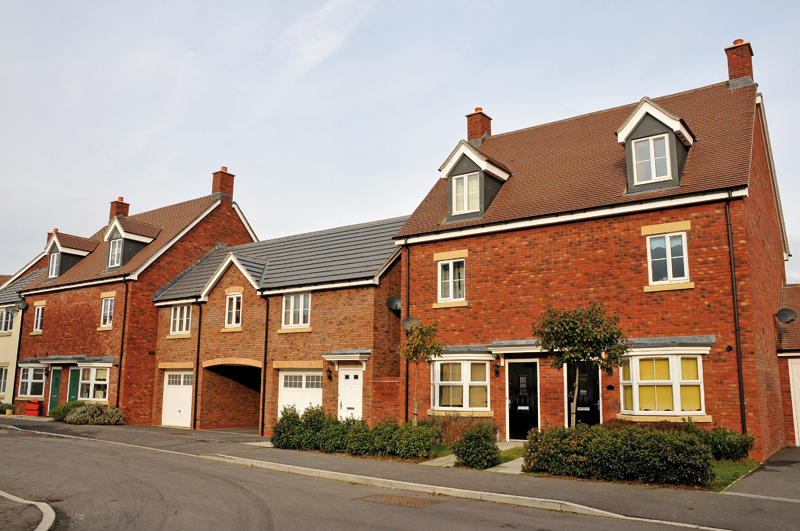First-time Buyer
House price growth edges up in July – Nationwide

The annual rate of house price growth in the UK grew by 3.5% in July, according to Nationwide.
This year-on-year change was up from 3.3% in June, the building society said.
House prices rose by 0.4% in July, with the cost of the average UK property rising to £195,621.
Nationwide chief economist Robert Gardner said the outlook on the demand side remains “encouraging”.
“Employment growth has remained relatively robust in recent quarters, and, after a prolonged period of subdued growth, wage growth is also edging up. With consumer confidence buoyant and mortgage rates still close to all-time lows, demand for housing is likely to firm up in the quarters ahead.”
However, he said it is unclear whether activity on the supply side will catch up with demand.
“The number of new homes under construction has started to pick up, albeit from historically low levels, and further increases are required if a sustainable recovery in the housing market is to be maintained over the longer term.”
Stamp duty changes reduce “bunching” at key price points
Nationwide also noted that changes to the Stamp Duty Land Tax (SDLT) introduced in the Autumn Statement last year had noticeably reduced the impact of “bunching” of transactions around key property price points.
Under the changes implemented by the Chancellor, the old slab structure was abolished and replaced with a new band structure.
Gardner added: “Even though the change to SDLT only came into effect six months ago, the impact on the pattern of transactions is already evident, with much less bunching of transactions around the £125,000, £500,000 and in particular the £250,000 price points.
“On balance (considering the net effect of those paying more and those paying less), we estimate that the changes have resulted in around £275m less tax being paid than would have been the case under the old stamp duty regime.”
[article_related_posts]